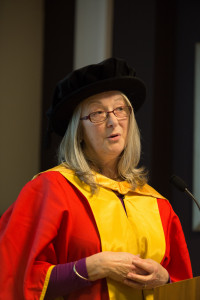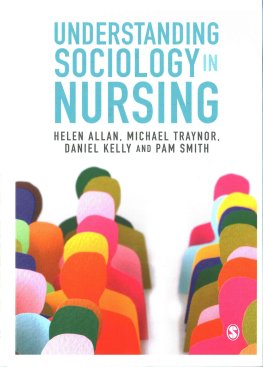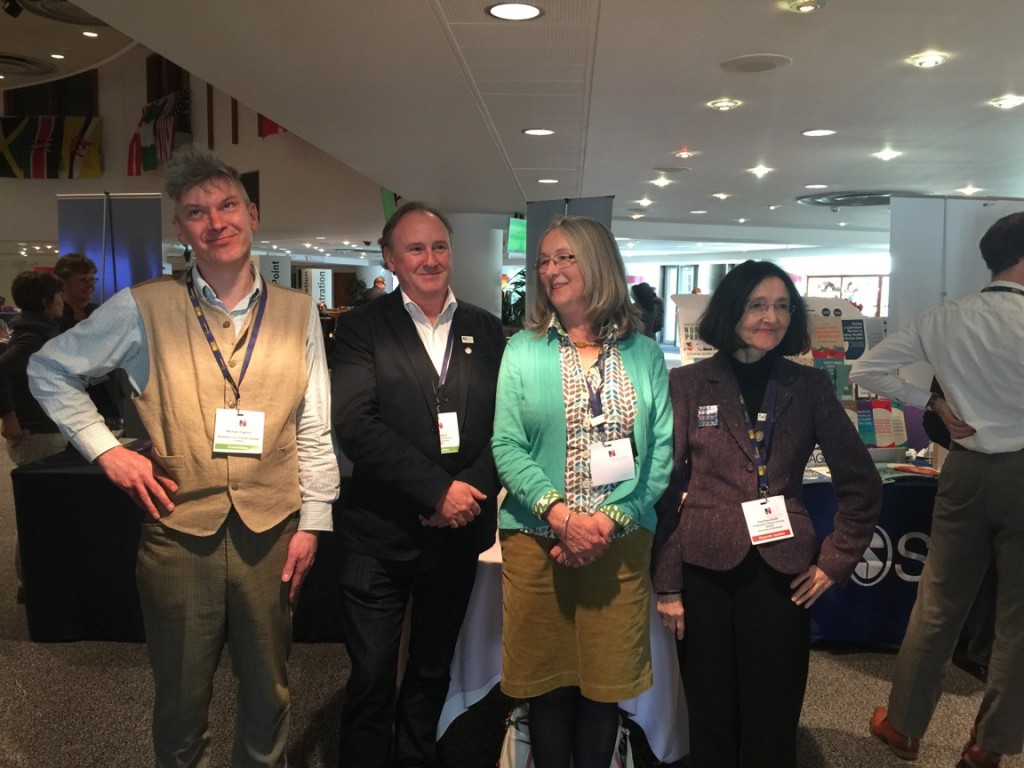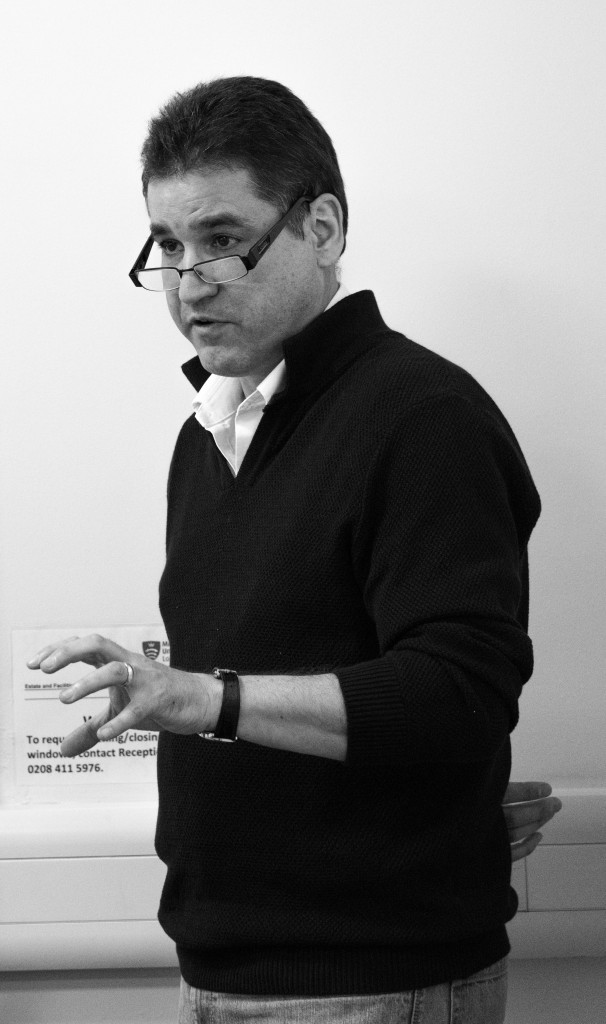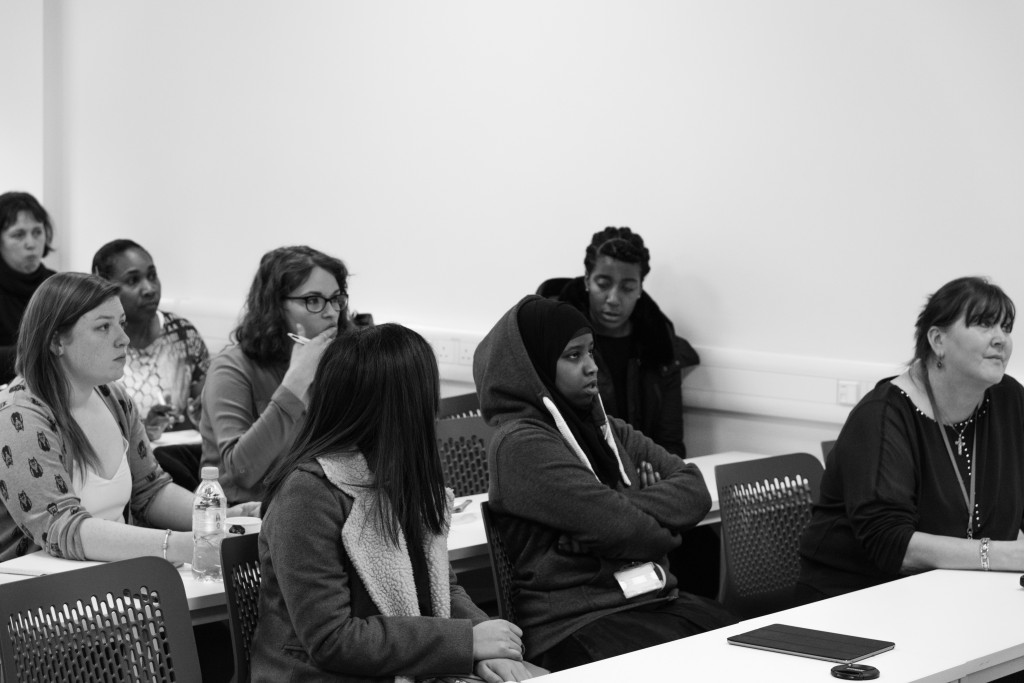For the second time I received a nice email from “Dr. Kateryna Bielka, M.D”. She says complementary things about one of my published papers and, in a highly personalised manner, asks if I would consider publishing in an esteemed journal that she is working for. Like many academics my email in box is peppered with highly standardised invitations to publish in open access journals. Most are clever enough to parse one of my article titles into the email text they send out but this invitation appears much more human. And the journal in question is called Medical Research Archives
However, human it isn’t. In fact it is the second one I have received from this ‘person’. When you search for the name of the journal and couple it with ‘predatory open access’ you get a very informative account from the Scholarly Open Access blog at. https://scholarlyoa.com/2016/08/04/about-those-manipulative-spam-emails-from-internal-medicine-review/
You learn that the journal in question will charge between $1250 and $3000 to place your work, that it is closed access, and that the journal appears to have no subscribers at all. Not a very attractive proposition.


